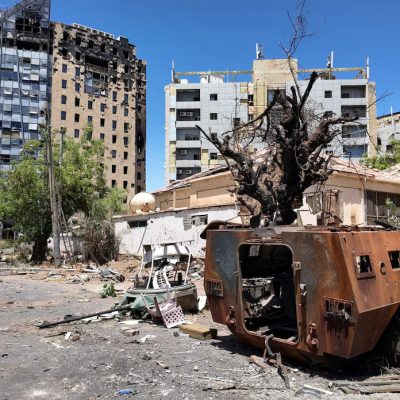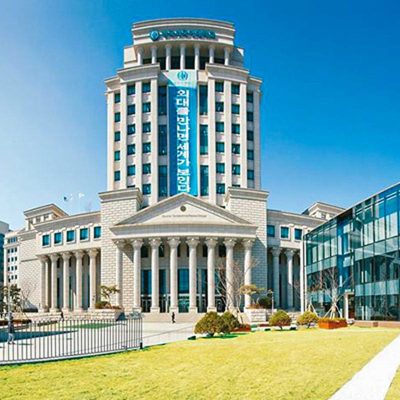Egypt has three main known strategic theaters (North Eastern, Western, and Southern theaters). I recall my first academic engagement with NATO during its conference on “Energy Security in Maritime Environment” held erly June 2015 at NATO Maritime Interdiction Operational Training Centre (NMIOTC) in Crete Island; the focus was on the “Eastern Mediterranean”, which, in my view, represents the Northern Strategic Depth to Egypt.
Later, I have pointed out in several international forums the political, economic and militarily importance of this strategic depth to Egypt and to its coastal neighbors as well as to the countries of South-Eastern Europe overlooking the Mediterranean. I always clarified the importance of relations with NATO, especially with the increasing common strategic objectives to be secured in the eastern Mediterranean, and not limited to economic resources and combating terrorism only.
Geo-strategically, Egypt is one of the most important Mediterranean Dialogue (MD) countries with NATO since 1994. However, Egypt is still on same cooperation level comparing with the four Gulf countries of Istanbul Cooperation Initiative (ICI) that entered into a strategic partnership with NATO a decade later, but countries of ICI have developed their cooperation level with NATO as if it was for decades.
No doubt that political and military planners on strategic level are aware that the Northern Egyptian coast has the largest cohesive confrontation in the Eastern Mediterranean against the Southern Turkish coast, especially with the changing of international and regional map of alliances.
Oceans and seas have most of the natural resources; and they’re considered trade and economic gates to all parts of the world. They also achieve the real political and security influence; therefore, I believe that current and expected circumstances may impose the following:
-
Consider the Eastern Mediterranean to be the fourth strategic theater of Egypt, starting all necessary procedures for that.
-
Develop all areas overlooking the northern coast of Egypt from Port Said to Sallum, especially the uninhabited areas, in parallel with the ongoing development of Sinai Peninsula.
-
Improve the current Egyptian strategic partnerships/ alliances related to Northern Mediterranean and establish or participate in others if needed.
-
In the context of the full political and military representation of Egypt to NATO, I recommend maximizing their cooperation, similar to NATO cooperation with ICI and more as follows:
- Establish an academic cooperation between both party’s higher academies (such as between NATO Defence College and Nasser Higher Military Academy).
- Increasing the number of regional cooperation courses as well as the number of students studying them, while expanding the diversity of the nature of the work backgrounds of the students.
- Intensifying academic cooperation through increasing the number of NATO Regional Cooperation Courses (NRCC) as well as the number of their students; and expanding the diversity of students such as (diplomats – military officers – civil police officers – researchers at decision-making centers – political party’s members – journalists).
- Communicate and cooperate between NATO and both (governmental and independent think-tanks) in Egypt through the Egyptian government or with its recognition.
- Activate cooperation in the field of information between the newly established “Southern Hub” in Naples and its counterpart in Egypt, especially in the fields of countering terrorism and transnational crimes, clarifying Israel’s position in this regard as it’s a Mediterranean Dialogue partnership state.
- Urge NATO member and partner states to review the international laws for the exchange of criminals and extradition of convicts in various cases, particularly those related to crimes of terrorism, violent extremism and other serious crimes.
Finally, I believe that Egypt is well aware of the true meaning of the concept of strategic partnership with mutual trust and interests.
Major General (Retd.) Sayed Ghoneim
Fellow, Nasser Higher Military Academy
Chairman, Institute of Global Security & Defense Affairs





